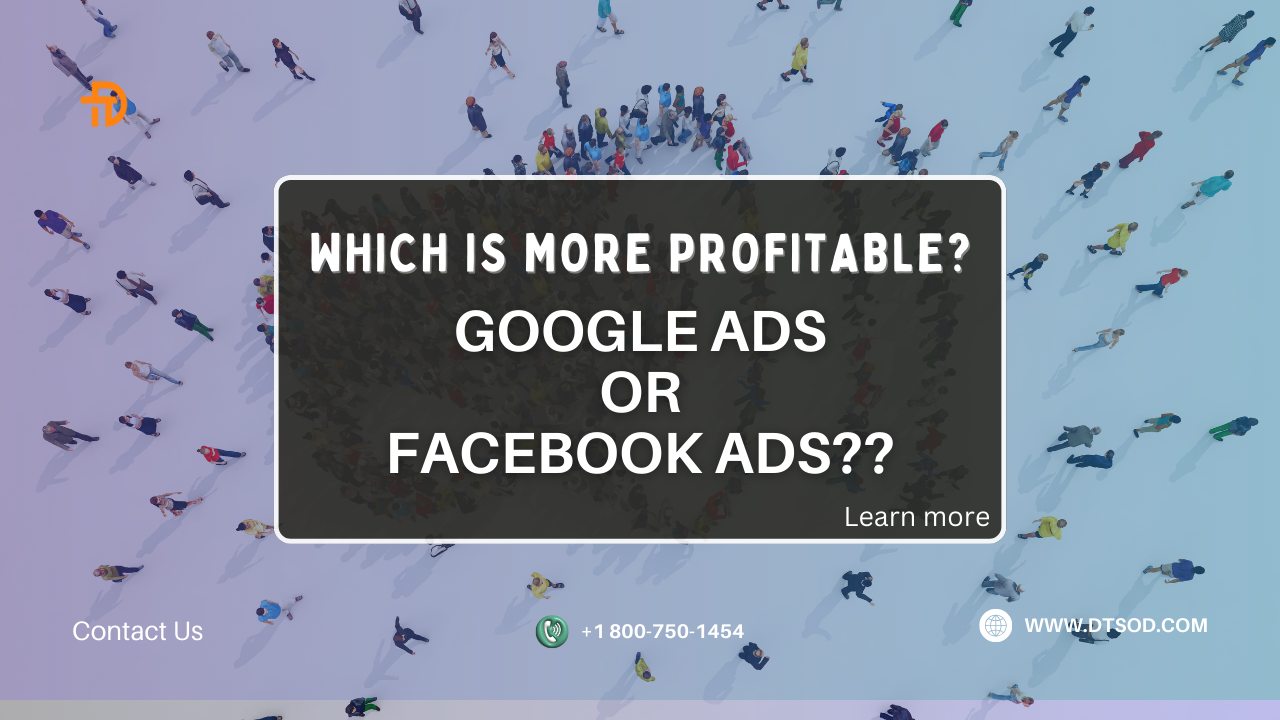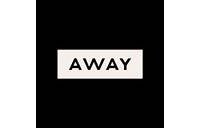From Leads to Sales: A Comprehensive Approach to Lead Generation
May 16, 2024

Apr 30, 2024
Let’s delve into the comparison between Facebook Ads and Google Ads to determine which platform might be more profitable for your business.
Both Platforms: Complementary rather than competitive.
Recommendation: Consider using both platforms simultaneously to target users at different stages of the buyer’s journey.
In summary, if you’re aiming for brand awareness and reaching users at the top of the funnel, Facebook Ads is your go-to. However, if you want to capture leads ready to make a purchase, Google Ads is the better choice. Remember to align your campaign goals, budget, and target audience when making your decision123.

Omni Hotels & Resorts:
Objective: Boosting conversions.
Approach: Omni partnered with PMG, MiQ, and LiveRamp, adopting Google’s Display & Video 360 Publisher Advertiser Identity Reconciliation (PAIR) solution. This allowed them to deliver relevant ads without compromising user data.
Result: A remarkable 4X increase in ad conversion rates compared to traditional cookie-based methods.
Camden Town Brewery:
Objective: Increasing sales.
Strategy: Leveraged Advantage+ shopping campaigns on Meta apps.
Outcome: Improved sales performance.
Kopi Kenangan:
Objective: Growing customer orders.
Tactic: Utilized WhatsApp for customer engagement.
Impact: Increased customer orders

Condé Nast:
Objective: Incremental brand metrics.
Approach: Ran Meta partnership ads in branded content campaigns.
Result: Positive impact on brand metrics.

Away Travel:
Objective: Capturing unbranded traffic.
Approach: Effective campaign structure.
Outcome: Successful results in driving traffic.

Sky TV Italia:
Objective: Boosting video performance.
Strategy: Utilized Display & Video 360 together with Campaign Manager 360.
Result: Enhanced video performance.

Uber Eats:
Objective: Increased campaign reach.
Tactic: Leveraged Display & Video 360.
Impact: Achieved a 10% increase in campaign reach.
Charlotte Tilbury Beauty:
Objective: Reducing cost per acquisition (CPA).
Approach: Custom Bidding.
Outcome: Reduced CPA by 29%.
Always keep in mind that the success of each site will depend on your business goals, the people you want to reach, and your budget. Consider these case studies as inspiration and tailor your approach accordingly!
In conclusion, while both Facebook Ads and Google Ads offer distinct advantages for advertisers, the decision on which platform to invest in ultimately depends on your specific business goals, target audience, and budget. To maximize profitability, it's crucial to test both platforms and analyze their performance metrics diligently. As you navigate the realm of digital advertising, consider partnering with DTSOD (Digital Technology On Demand) for expert guidance and tailored strategies that align with your objectives. Contact us today to embark on a journey towards maximizing your advertising ROI!
Related to this article:
How Paid Advertisers Make Perfect Landing Page to Increase Conversions
Guide to Google Ads for Small Businesses
How Social Media Can Solve Retail Marketing's Biggest Problems in 2024
Comments